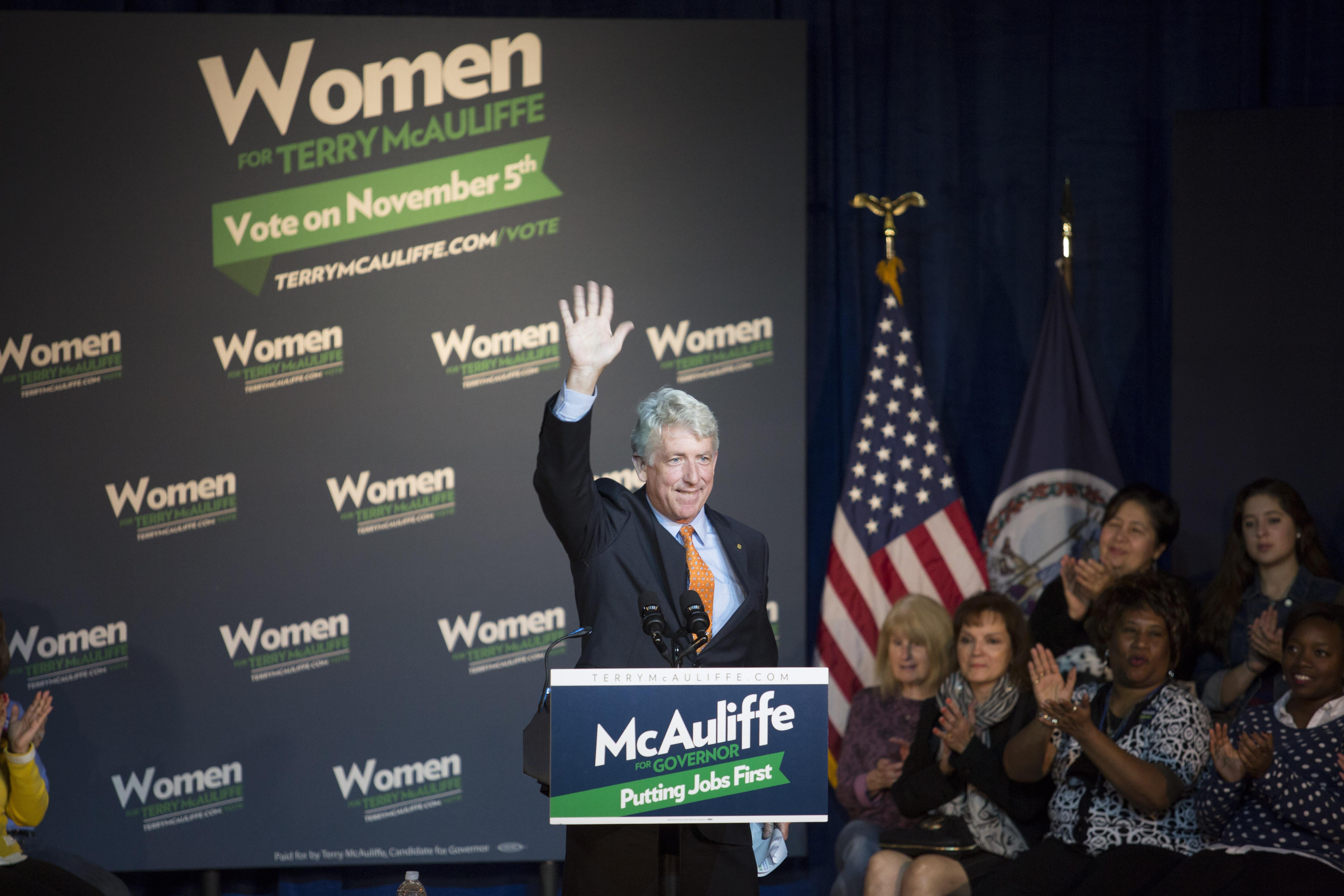Virginia Attorney General Mark Herring is the first Democrat to hold his state’s top legal job since 1993. He only won it in the tightest statewide race in years, the result decided by a recount. Gay marriage played no role in his campaign; in fact, Herring voted against gay marriage when it came before the legislature. But he’s just told NPR that he’ll side with plaintiffs opposing the state’s gay marriage ban, reversing the position held by the defeated (and presumably pretty steamed) Ken Cuccinelli.
There have been times in some key landmark cases where Virginia was on the wrong side, was on the wrong side of history and on the wrong side of the law. And as attorney general, I’m going to make sure that the [people] presenting the state’s legal position on behalf of the people of Virginia are on the right side of history and on the right side of the law.
The Washington Post has been aggregating responses to Herring’s move. Democrats like it, Republicans don’t—surprise, surprise. And most Republicans hit the same piano key in every response. “Less than two weeks ago, Mark Herring took an oath and swore to preserve, protect and defend the Constitution of Virginia.” “Once Virginians get wind of this, and it starts snowballing, they’re going to wonder why they elected an attorney general who doesn’t want to defend Virginia’s laws.” “We appropriate money for people to defend the constitution, not to attack it.”
It’s left to Democrats (and one Republican) to put out that Herring also took an oath to uphold the U.S. Constitution, but there’s more to it. Virginia’s constitutional definition of marriage is not some sacred script handed down from Thomas Jefferson to Patrick Henry to (still sounds weird) Terry McAuliffe. It’s actually younger than the iPod. In 2006, 57 percent of Virginia voters approved the Marshall-Newman Amendment, adding the definition to their Constitution. Since then, lots of Virginians have, like Herring, changed their minds. As of six months ago, only 43 percent of Virginians opposed gay marriage—a 14-point swing.
So Virginia’s one of those states that’s probably ready to wave in gay marriages, but can’t, because an older and more conservative electorate locked and bolted the door. Back in 2006, this was seen as a boon for Republicans. And now it’s left Republicans defending a pretty unpopular position.
